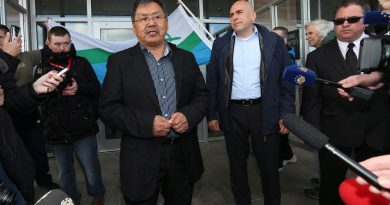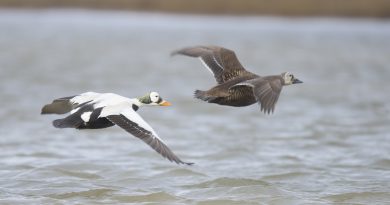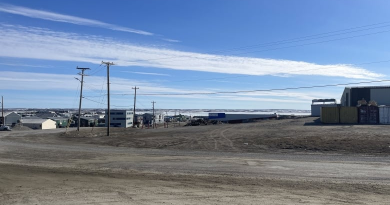Swedish minister Margot Wallström takes on the lead in Barents
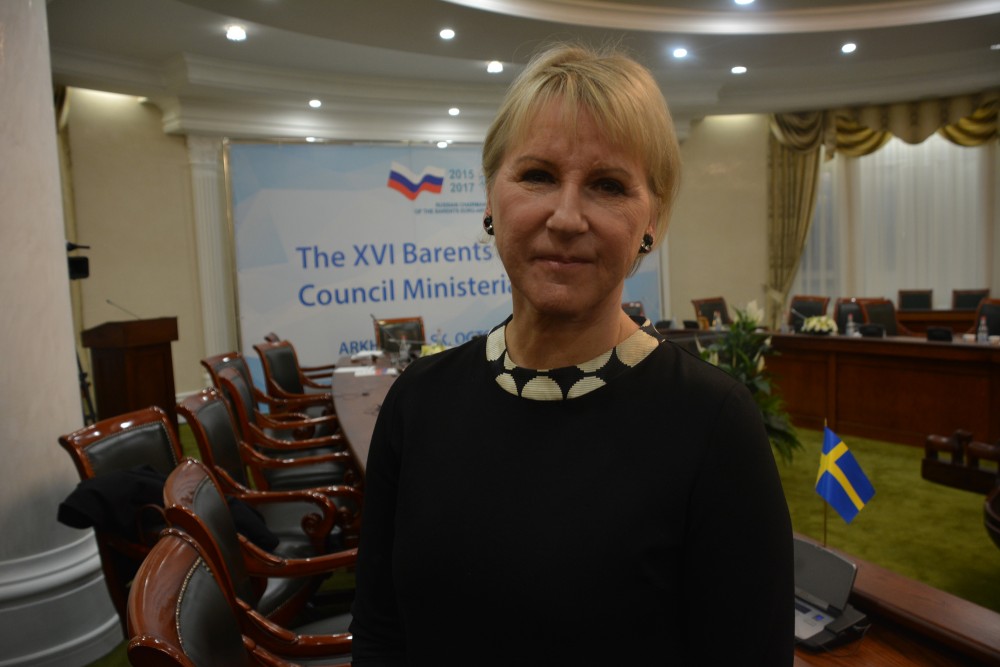
Margot Wallström admits that she fears militarisation in the Arctic and that there are a number of negative trends in the region. But she is committed to work for the opposite, she makes clear to the Barents Observer.
The Swedish Foreign Minister today took over the chair of the Barents Euro-Arctic Council in a meeting in Arkhangelsk. It is Russia’s Sergey Lavrov who has had the chair in the last two-year period.
«Everything is influenced by what is going on in the world and our relations to Russia are affected by what is going in Ukraine and by the positions taken by the respective countries», Wallström says to the Barents Observer.
«But what we do value the most is the opportunity to meet here with a fundamentally constructive tone and in a constructive atmosphere, with a will to cooperate and solve concrete problems.»
«This is what we are going to continue to focus on,» Wallström underlines.
Promoting peace
According to the minister, the Barents Cooperation has a role to play in promoting peaceful developments.
«When we invest in this, when we show that we find it important, then we also show that we want it to be a peaceful region with a peaceful development», she says.
Furthermore, military issues are not part of the Barents cooperation.
«The militarisation of this part of the world and the deployment of more weapons in the area, that is an issue which is not handled by the Barents Council and the Barents Cooperation.»
«We have no interest in bringing in issues in the Barents Cooperation which do not belong there and which should not be resolved there.»
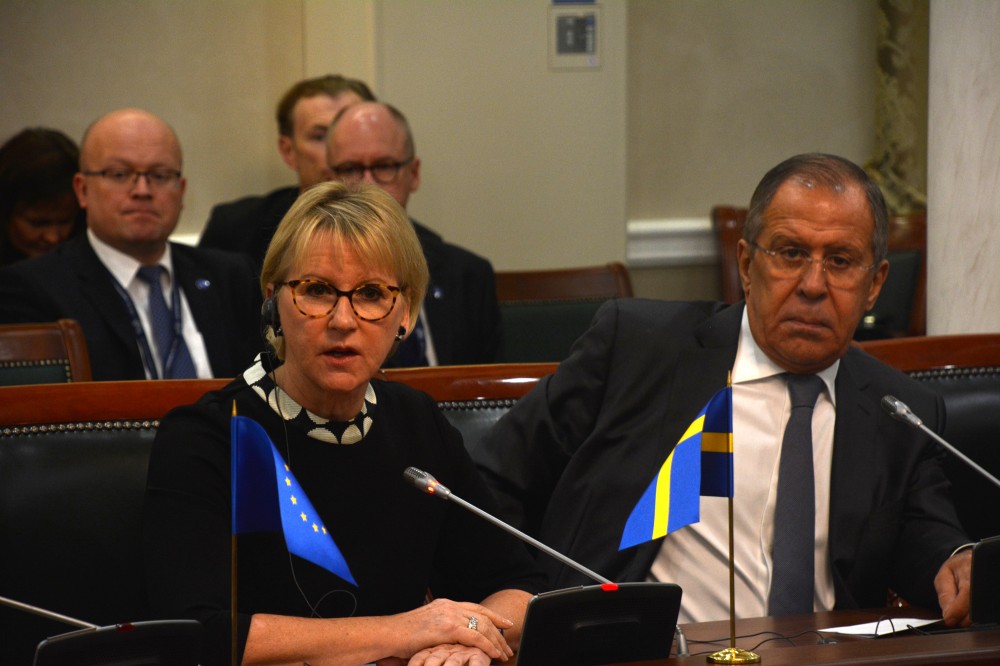
Wallström will chair the Barents Council the next two years. Her chairmanship program includes four special priorities; the environmental dimension, the economic dimension, the social dimension and a stronger and more visible Barents Cooperation.
Furthermore, she will keep a high focus on civil society.
«We will absolutely work with this in our chairmanship period, it is an obvious part of the contacts and work we will do», she says to the Barents Observer.
«The NGOs play a crucial role, because they do a practical work on the ground, and therefore we have been open about our criticism of the Russian NGO legislation which restricts the organisations’ possibility to work and operate», Wallström says.
According to the foreign minister, her ministry has clearly voiced its criticism with the Russians.
«We hope that they will moderate their policies and amend the laws, it all makes it so hard for the NGOs».
Related stories from around the North:
Canada: Agreement soon on high Arctic fishing in international waters?, Radio Canada International
Iceland: Iceland blasts Arctic Five for exclusion from fishing agreement, Eye on the Arctic
Norway: Deal protects Arctic waters around Svalbard, Norway from fishing, The Independent Barents Observer
Russia: Russia’s Lavrov attacks Norway, says relations on Svalbard should be better, The Independent Barents Observer
Sweden: Record numbers for Swedish wild salmon, Radio Sweden
United States: Fishing ban in international Arctic waters remains elusive, Alaska Dispatch News

